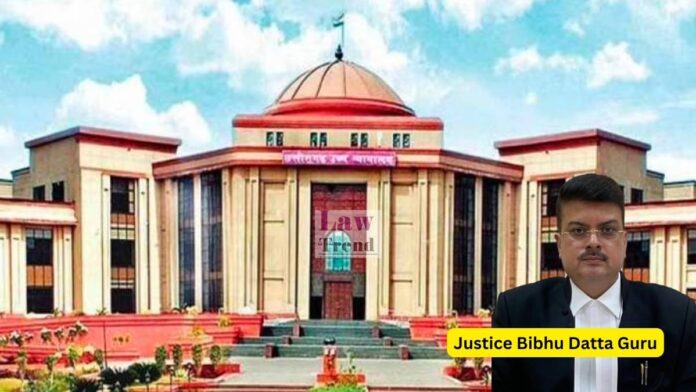The Chhattisgarh High Court dismissed a petition filed by Ramesh Baghel, a Christian resident of Chhindawada village, seeking permission to bury his father in the Christian-designated section of the village graveyard. The court’s decision, emphasizing communal harmony, came amid fierce local opposition to the burial. Case Background The case revolved around the burial of Subhash
To Read More Please Subscribe to VIP Membership for Unlimited Access to All the Articles, Download Available Copies of Judgments/Order, Acess to Central/State Bare Acts, Advertisement Free Content, Access to More than 4000 Legal Drafts( Readymade Editable Formats of Suits, Petitions, Writs, Legal Notices, Divorce Petitions, 138 Notices, Bail Applications etc.) in Hindi and English.




